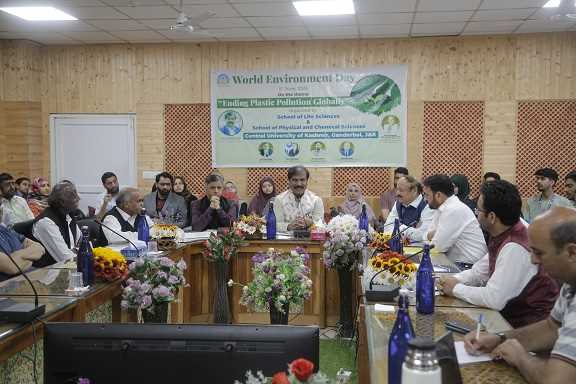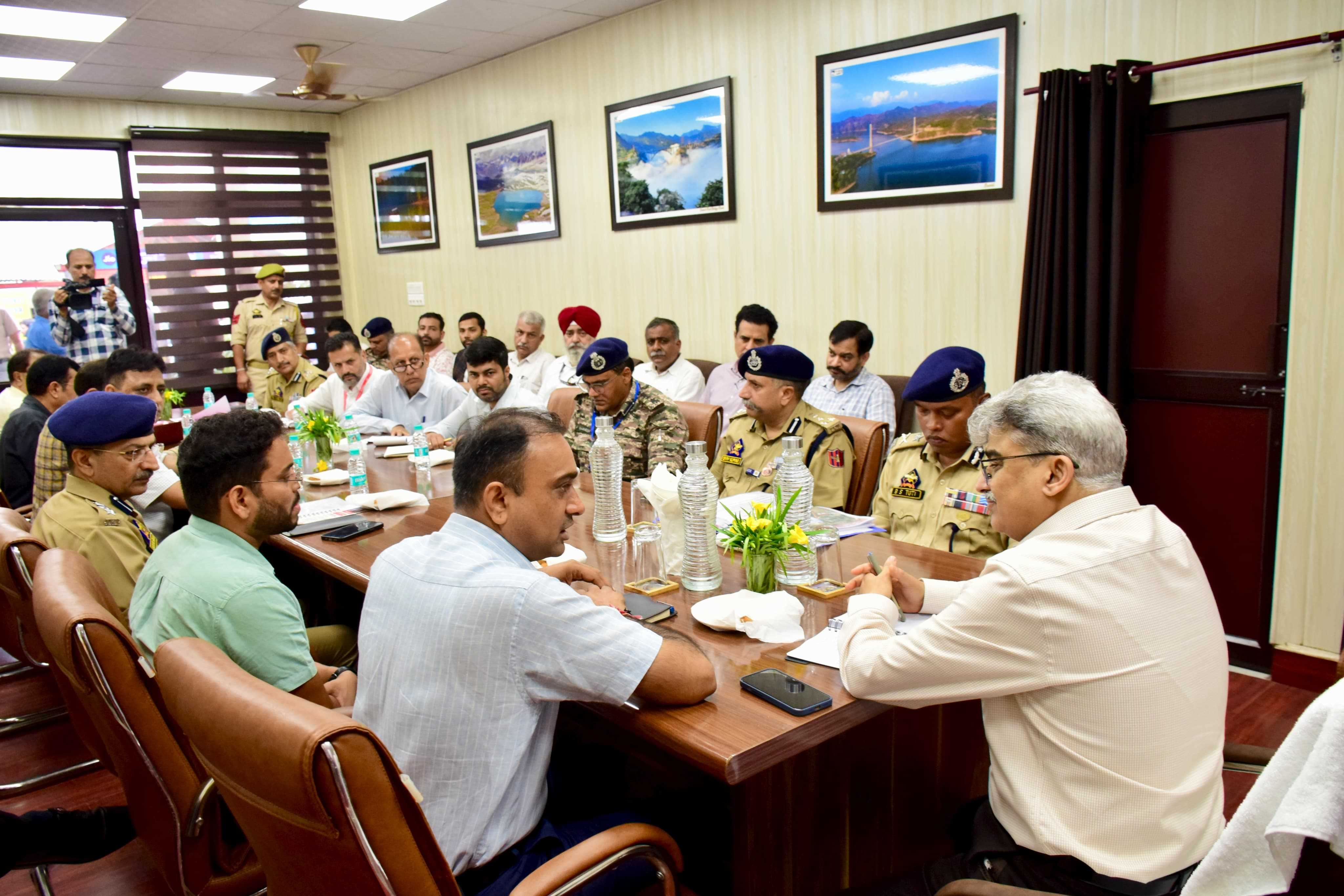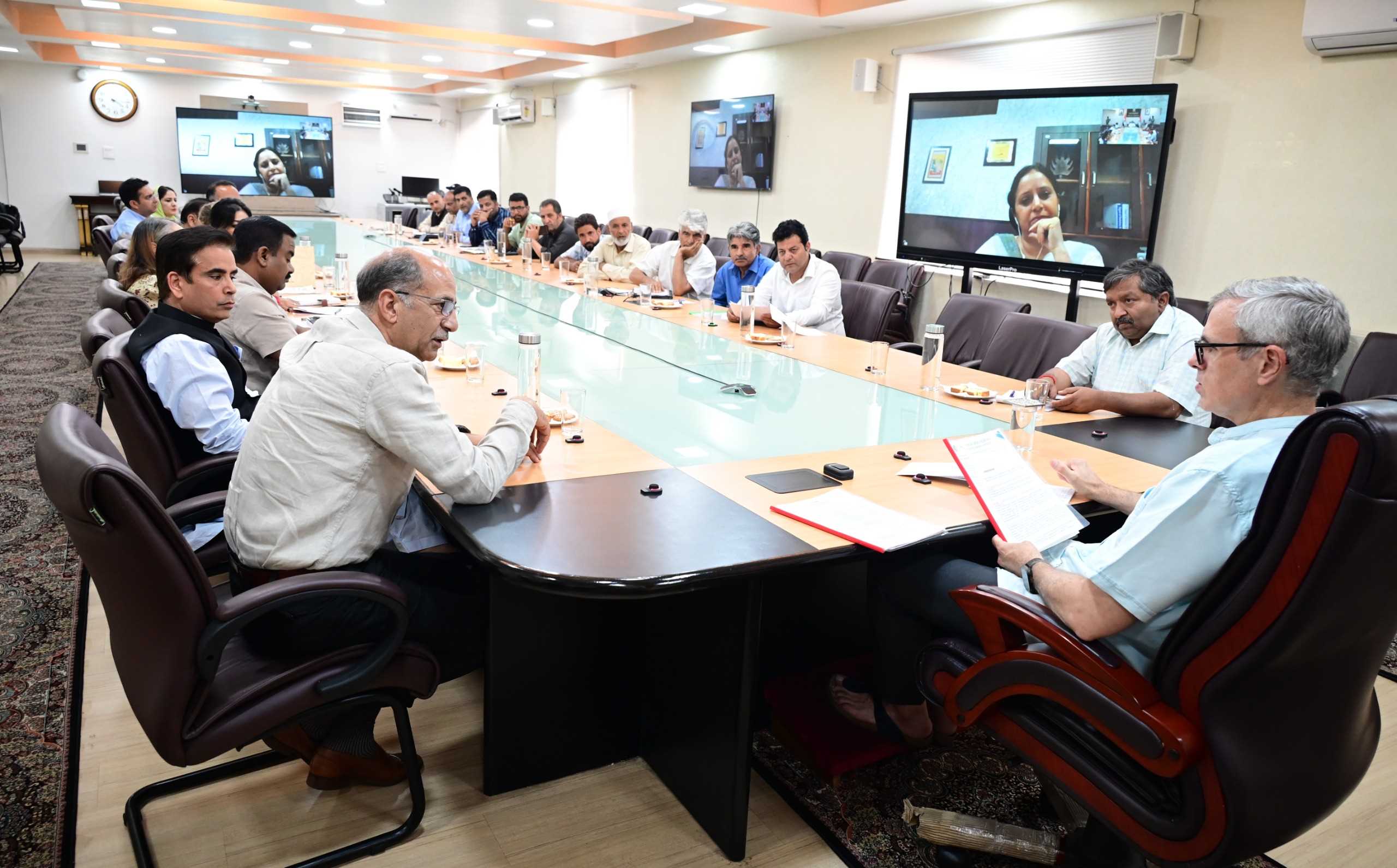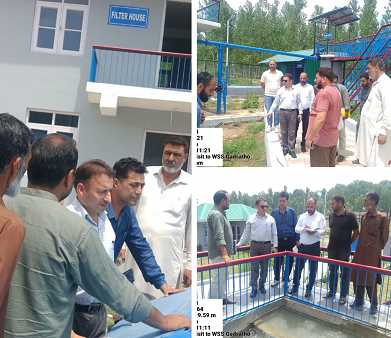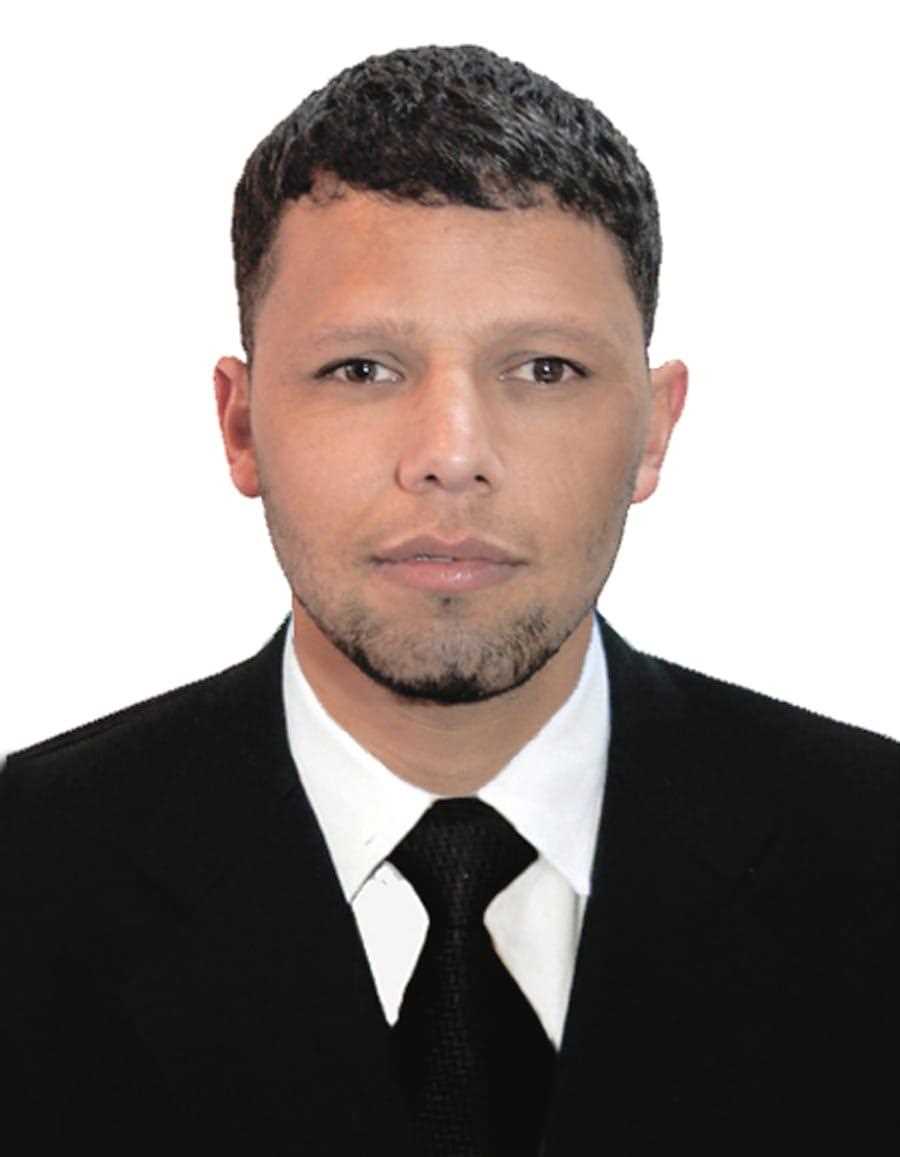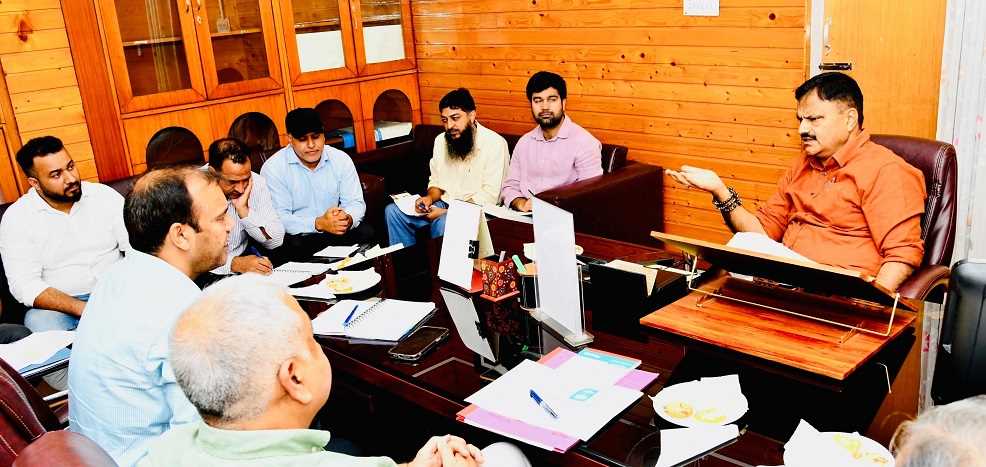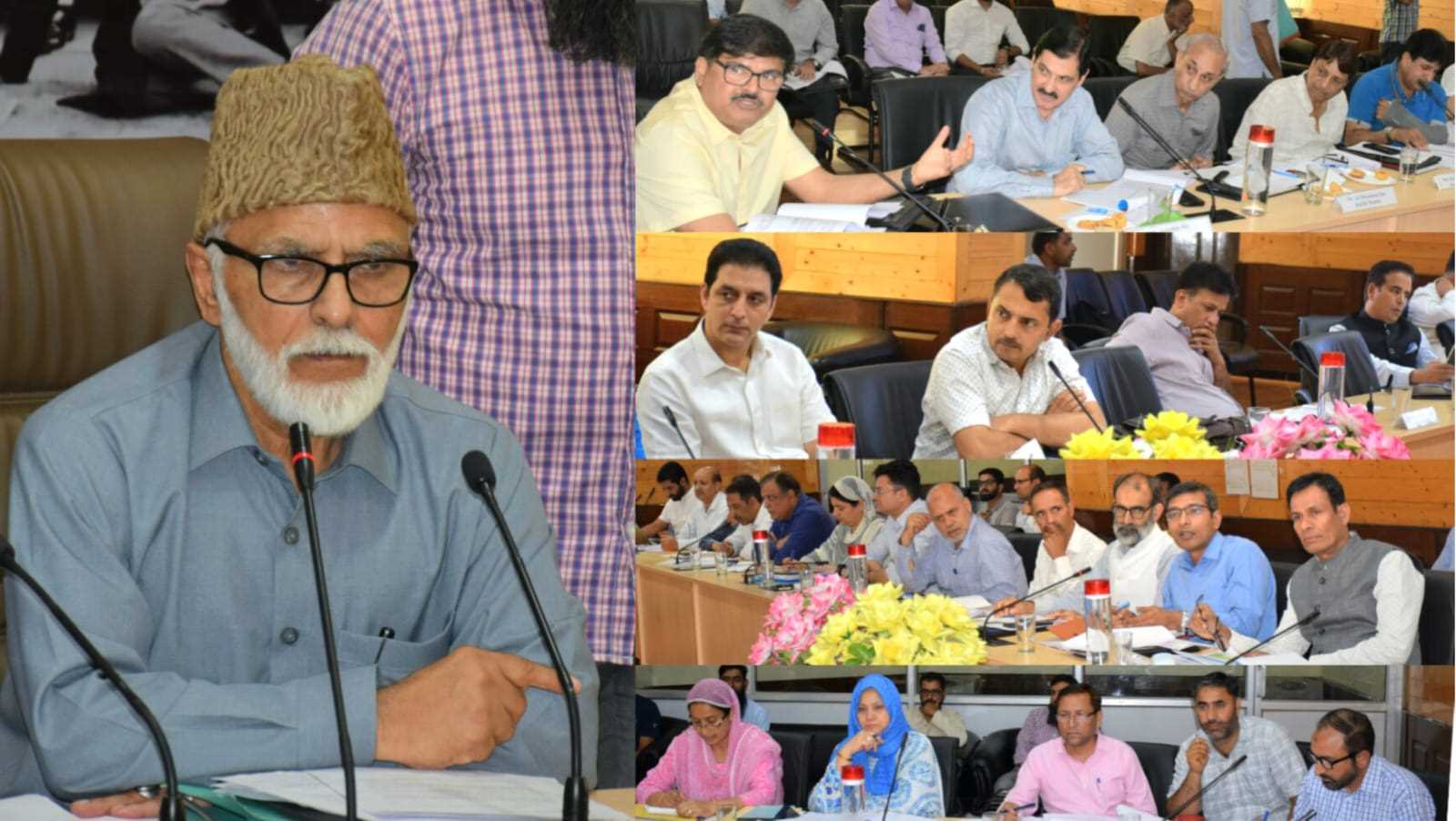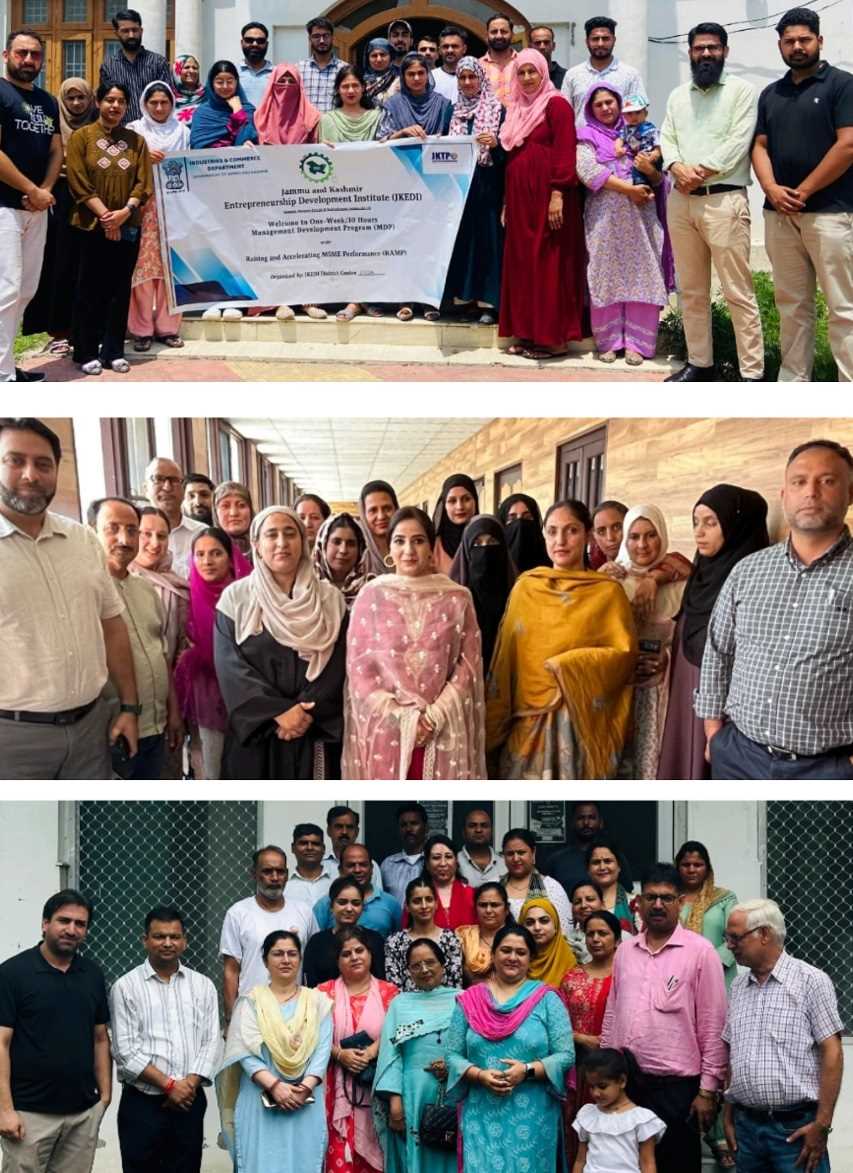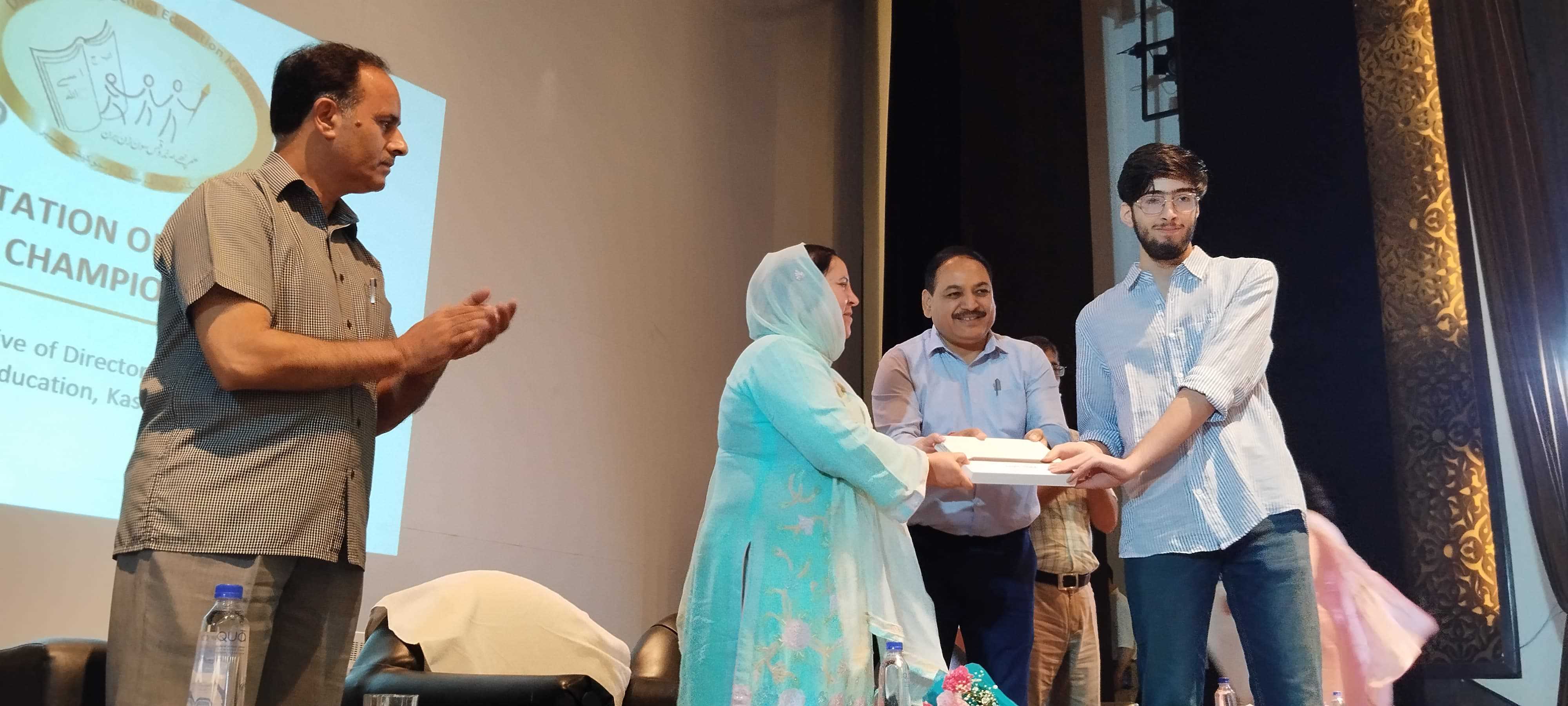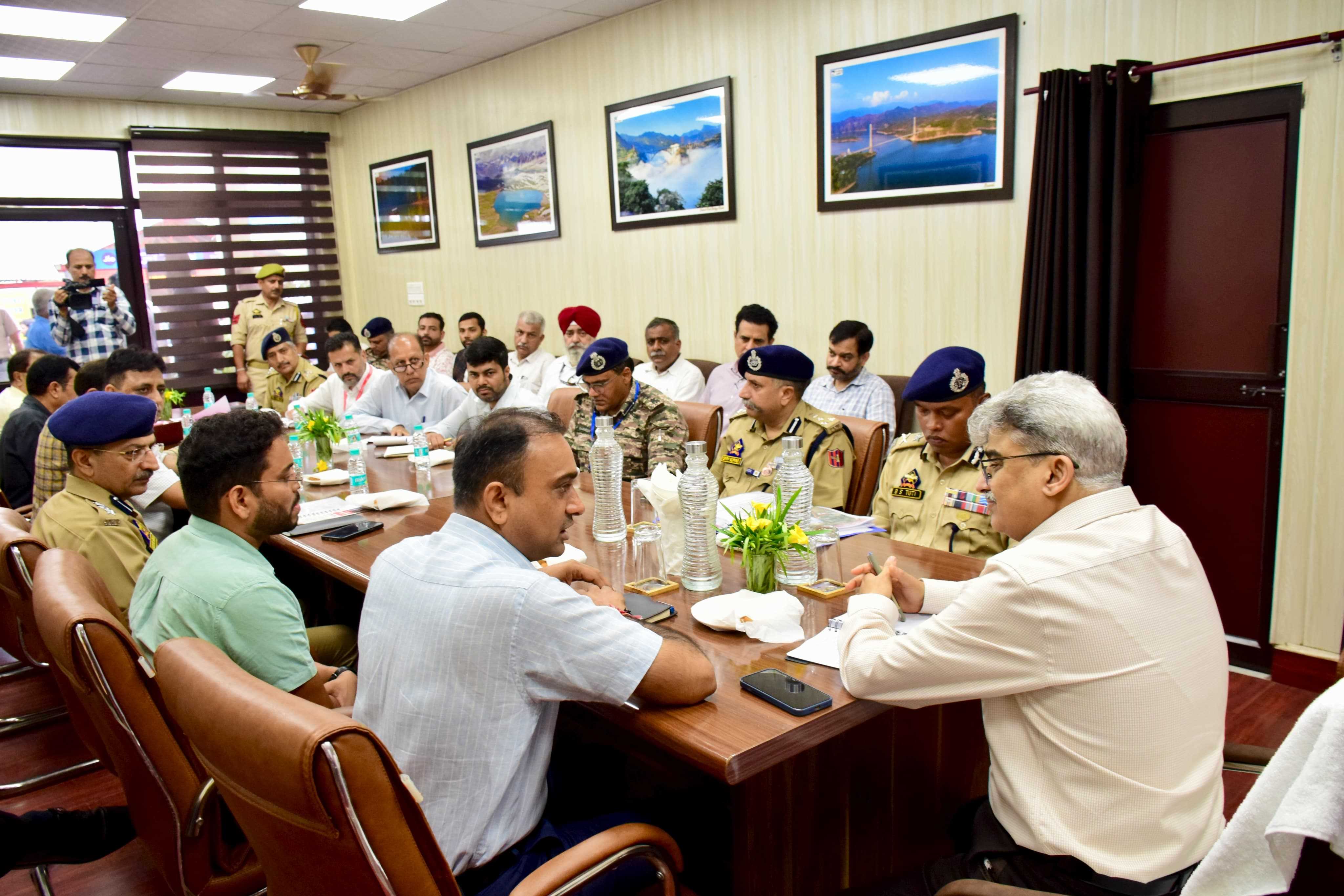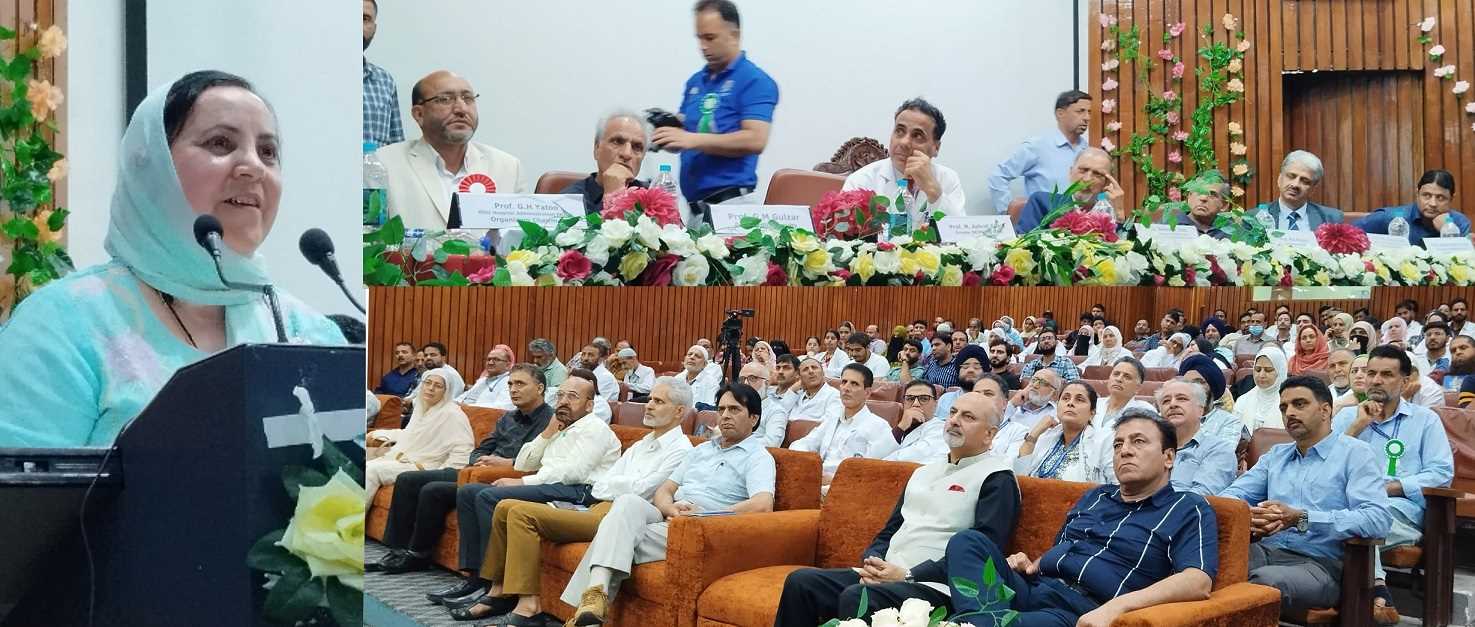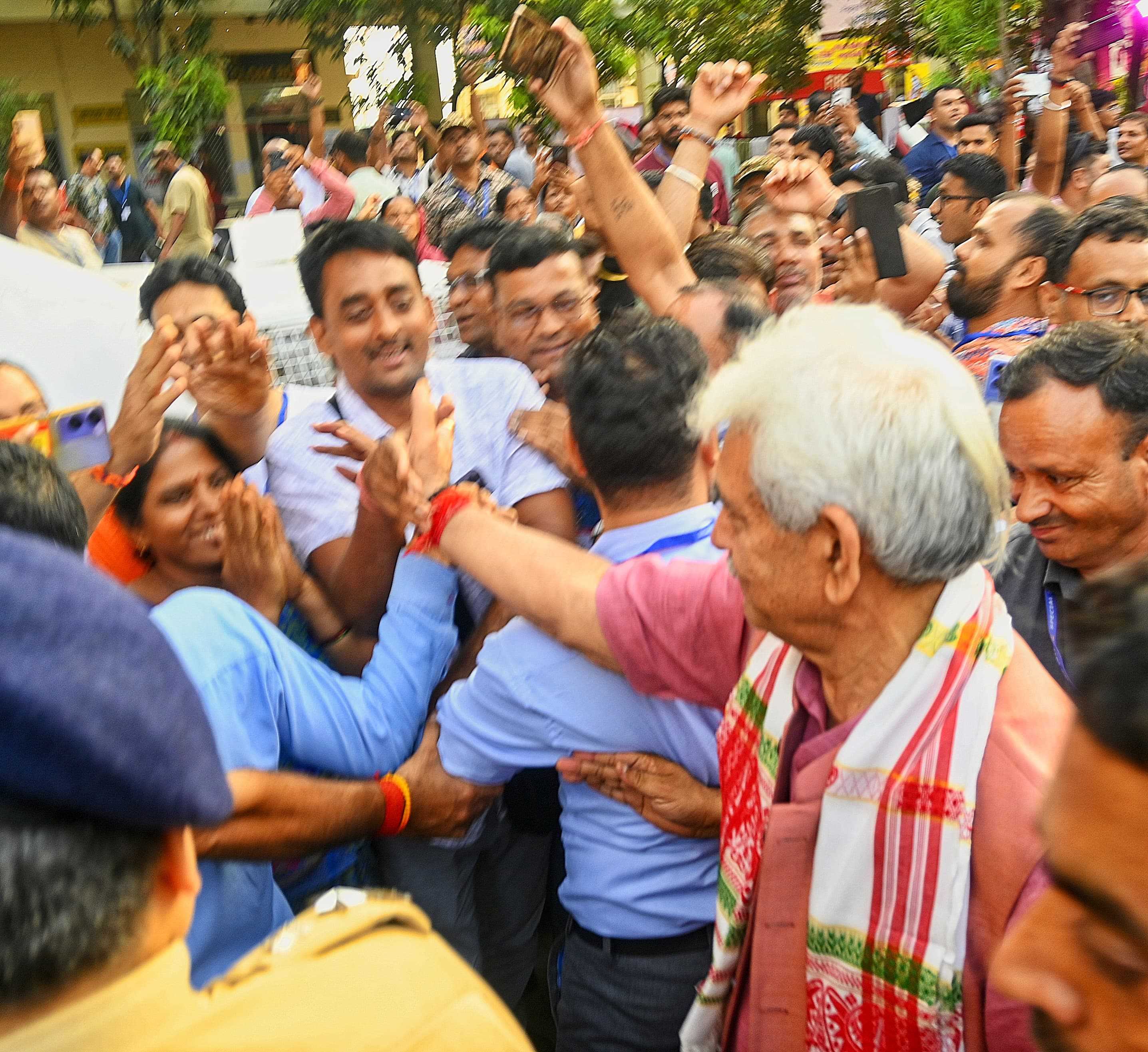The Central University of Kashmir (CUKashmir) observed World Environment Day with a resounding call to combat plastic pollution and adopt sustainable practices through introspection, innovation, and collective action. The event, jointly organized by the School of Life Sciences and School of Physical and Chemical Sciences, was themed “Ending Plastic Pollution Globally.”
Delivering the keynote address, Vice-Chancellor Prof. A. Ravinder Nath emphasized that addressing environmental challenges begins with individual responsibility. Advocating for a net-zero pollution mindset and a circular economy, he said, “Though plastic is embedded in modern life, its indiscriminate use and disposal causes immense harm to the fragile environment. The focus should be on responsibility and innovation.”
Highlighting the interconnectedness of environmental sustainability with global developmental priorities—planet, people, profit, partnership, and peace—Prof. Nath encouraged institutions to model localized, impactful projects, particularly addressing plastic waste in and around Ganderbal.
Delivering a compelling keynote presentation, Prof. Chandrashekhar Jha, former Chief General Manager at ISRO’s National Remote Sensing Centre, traced the history of global environmental thought from the Stockholm Conference of 1972 to modern sustainability efforts. Warning that plastic pollution knows no geographical or biological boundaries, he cited examples of microplastics reaching the Mariana Trench, Mount Everest, and even the human body. Prof. Jha showcased ISRO’s use of remote sensing to monitor ecological degradation in the Himalayan region and promoted a shift toward Mission LiFE (Lifestyle for Environment).
Prof. Shahid Rasool, Dean of Academic Affairs, expressed concern over the disconnect between environmental commitments and actions. Referring to unpredictable weather and disrupted bird migration patterns in the Kashmir Valley, he said, “Let us leave the Earth at least the way we received it, if not better.”
Other key speakers added depth to the scientific and societal dimensions of the issue:
Prof. Mohammad Yousuf, Dean, School of Physical and Chemical Sciences, discussed the pervasiveness of plastics and the serious health hazards posed by microplastics.
Prof. Abid Hameed Dar, Dean, School of Life Sciences, offered a cross-disciplinary insight into the evolution of plastics, emphasizing the need for scientific literacy in environmental policies.
Dr. Chinnapan Baskar, Head, Department of Chemistry, highlighted outreach plans to adopt villages in Ganderbal and Nunnar for waste management education. “Segregation of waste must start with individuals,” he urged.
Prof. Syed Zahoor Ahmad Geelani, Dean, School of Education, was also present to lend support to the initiative.
The program began with a welcome address by Dr. Shahzad Ahmad Pandith, Coordinator, Department of Botany, who underscored the significance of the global observance and its theme. “It compels us to reflect, respond, and recommit ourselves to sustainable choices,” he said.
In a symbolic gesture, Dr. Muhammad Latief, Officer In-Charge, Division of Landscape and Green Mission, led participants in taking a pledge to reduce plastic usage, reinforcing the university’s environmental commitment.
The proceedings were conducted by Dr. Shahnaz Parveen, Assistant Professor, while Dr. Priyanka Kumari delivered the vote of thanks. Dr. Hameem Mushtaq served as the event rapporteur.
The observance at CUKashmir underscored the urgent need for academic institutions to act as catalysts in the global movement to end plastic pollution and ensure a sustainable future.
